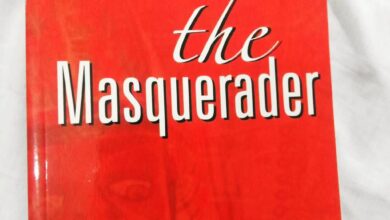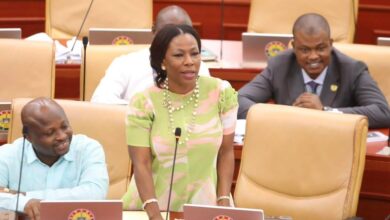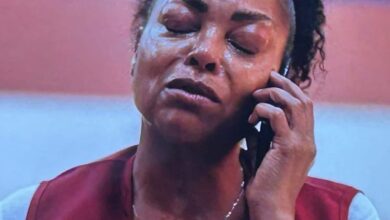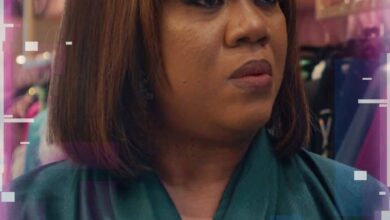Speed Hammered by Hamamat Shea: A Boost for Ghana's Shea Industry
Speed Hammered by Hamamat Shea: A Boost for Ghana's Shea Industry
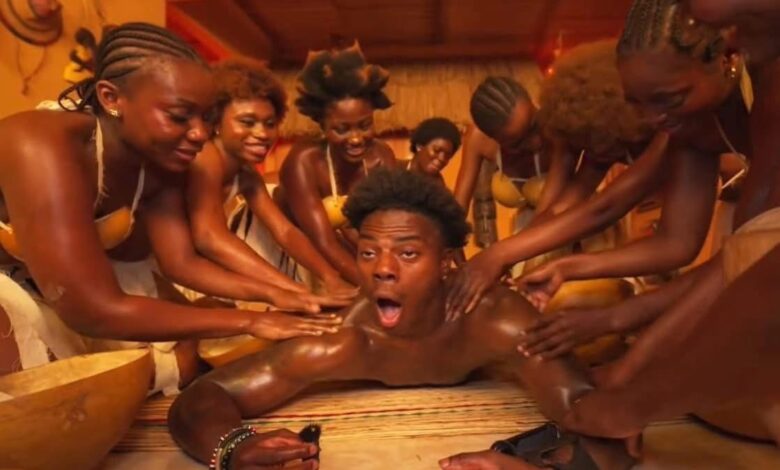
A boost for the shea butter industry! Ghana ranks fifth (5th) in global shea nut production and number one in the exportation of shea butter. Expect the ratings to progress in a year after this finger-licking treat from #hamamatafricanbeauty for IShowSpeed in Accra, Ghana.
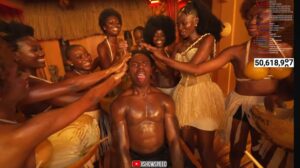
As local support for value-added agriculture, every Ghanaian man should have a treat like this once a month, with all intention. No artificial oils. Pure shea butter. Natural lubricant. Very good. Far better than all these artificial ones loaded with cancer-causing phthalates.
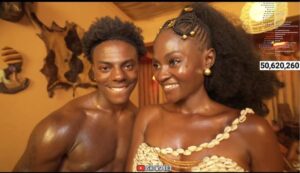
IShowSpeed should send lots of the shea butter home. Good for every man of any color. It enhances penile health. The Vitamin E (tocopherol) it contains supports blood circulation. Imagine a spa day with shea butter on skin and coconut water in mouth. Grounded African man!
#ResettingGhana
#SpeedLive
#SpeedInAfrica
